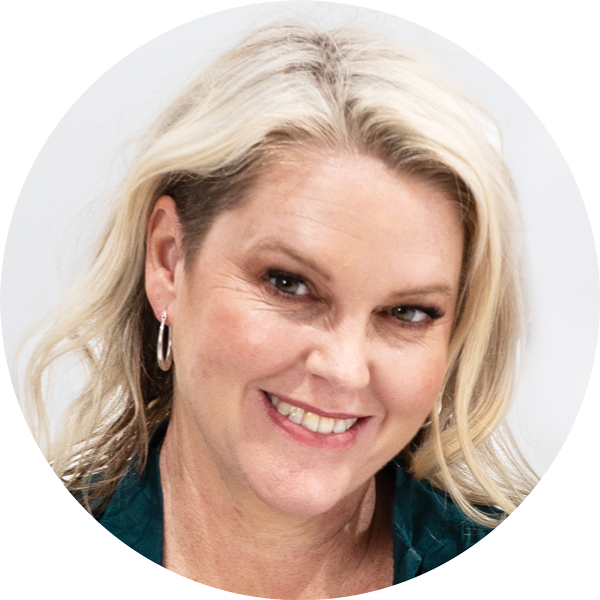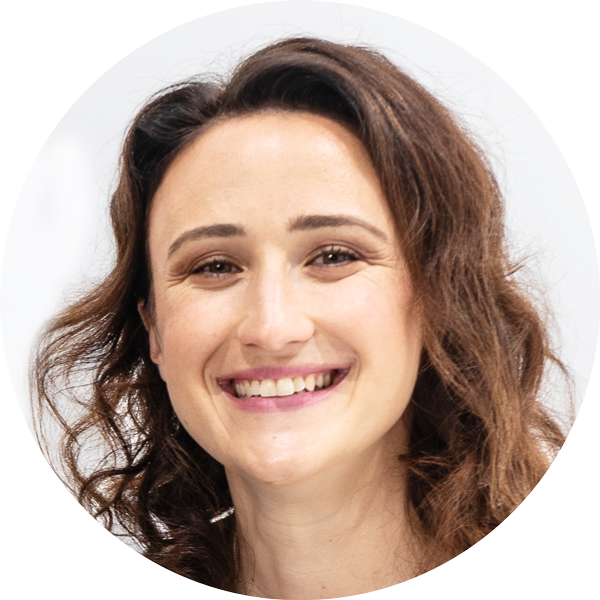A self-paced, online course by Lael Stone & Bernadette Lack to nurture and support you through a connected, powerful postpartum period.
A transformative initiation into motherhood that holds you physically, mentally & emotionally in early postpartum
You planned your pregnancy, labour and birth. But once you’ve grown and birthed your baby (you magical, marvellous human) what tools and support do you have to navigate the emotional, physical and mental transformation to motherhood?
Modern Western culture has lost sight of the rites of passage and ritual around birth and postpartum that nurtures the mother in those early weeks and months. And at times it can feel lonely and overwhelming.
You can find yourself struggling in postpartum with:
- Understanding and healing the physical changes and postpartum body issues that so many of us experience
- Processing birth trauma or postpartum emotions as a new mother
- Settling, feeding and understanding your new baby
- Connecting with your partner and nourishing your relationship
- Following your intuition and instincts in a sea of differing information
- Understanding what is physically and emotionally normal postpartum
Program Overview
Module 1
Recovering from Birth
We explore birth trauma, how your body may feel after birth and gentle ways to move and reconnect with your body after having a baby.
Module 2
Initiation to Motherhood
This module explores your identity as a mother, your feelings around guilt, shame and your imprints as a woman.
Module 3
Releasing Tension
We take a look at feelings and emotions, supporting your baby and ways to release tension in your body and mind.
Module 4
Postpartum Awareness
This module speaks to matresence, hormones, nutrition, sleep and communication with partners.
What you will learn:
Understand and reidentify with your physical postpartum body
Address postnatal body issues with a holistic approach
Support and move your body postpartum
Understand & navigate postpartum emotion
Identify the signs of postpartum depression or anxiety and find the support you need
Understand your baby’s feelings & communication
Establish postnatal self-care practices & boundaries
Understand matresecence, hormones and postnatal nutrition
Relate and communicate with your partner postpartum
What's included:
Audio & Video Content
Guided Relaxations
Detailed Resource Guide
Course Flexibility
Lifetime Access
No limits to how long you can access this course. Come back to us when you need to throughout your postpartum period and for future babies.
Ready to start?
Videos
Modules
Cost
31
4
$99
Frequently asked questions:
This course is what they don’t tell you in the current system. This is the physical, emotional and mental information you need to find power in your postpartum space. To understand the issues you may be facing and to address them and heal from them. We created this course because this information is not being given to early postpartum mothers.
No, the resources contain additional information to help you find out what is going on for you.
You won’t! You get lifetime access to this flexible online content. Do it at your own pace in your own time.
Yes. This is about taking care of yourself as a mother and fostering a greater connection to your physical and mental well-being. It’s for learning about yourself and your baby in the early postpartum space and will help you have a positive rewarding postpartum period in line with your own values.
Via flexible online video and audio content. Convenient for you to tune in whenever works for you. You also have access to a detailed resource guide for further support.
Yes. We invite you to tune into your baby and their feelings and communications and provide some ways that you can help maximise sleep for the whole family in those early weeks and months. But it is not a sleep guide and there is no step-by-step settling information. instead, we focus on tuning into your baby’s communications and how you can better connect with and understand your baby.
Meet Lael and Bernadette


Supporting mothers like you is our passion. We’re here to support you through your parenting journey and help you find joy, connection and compassion.